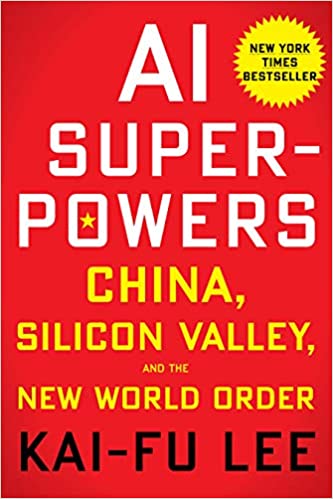Kai-Fu Lee
He became the focus of a 2005 legal dispute between Google and Microsoft, his former employer, due to a one-year non-compete agreement that he signed with Microsoft in 2000 when he became its corporate vice president of interactive services.
One of the most prominent figures in the Chinese internet sector, he was the founding director of Microsoft Research Asia, serving from 1998 to 2000; and president of Google China, serving from July 2005 through September 4, 2009. He created a website, Wǒxuéwǎng (Chinese: 我学网; lit. 'I learn Internet') dedicated to helping young Chinese people achieve in their studies and careers, and his "10 Letters to Chinese College Students" have spread widely on the web. He is one of the most followed micro-bloggers in China, in particular on Sina Weibo, where he has over 50 million followers.
More information
Kai-Fu Lee - AI Superpowers: China, Silicon Valley, and the New World Order
Ted Talk - TED Speaker TED Attendee Kai-Fu Lee
Ted Talk - "How AI can save our humanity - Kai-Fu Lee
Google Scholar - Profile Kai-Fu Lee

AI Superpowers: China, Silicon Valley, and the New World Order
Dr. Kai-Fu Lee—one of the world’s most respected experts on AI and China—reveals that China has suddenly caught up to the US at an astonishingly rapid and unexpected pace.
In AI Superpowers, Kai-fu Lee argues powerfully that because of these unprecedented developments in AI, dramatic changes will be happening much sooner than many of us expected. Indeed, as the US-Sino AI competition begins to heat up, Lee urges the US and China to both accept and to embrace the great responsibilities that come with significant technological power. Most experts already say that AI will have a devastating impact on blue-collar jobs. But Lee predicts that Chinese and American AI will have a strong impact on white-collar jobs as well. Is universal basic income the solution? In Lee’s opinion, probably not. But he provides a clear description of which jobs will be affected and how soon, which jobs can be enhanced with AI, and most importantly, how we can provide solutions to some of the most profound changes in human history that are coming soon.
Get the book at Amazon